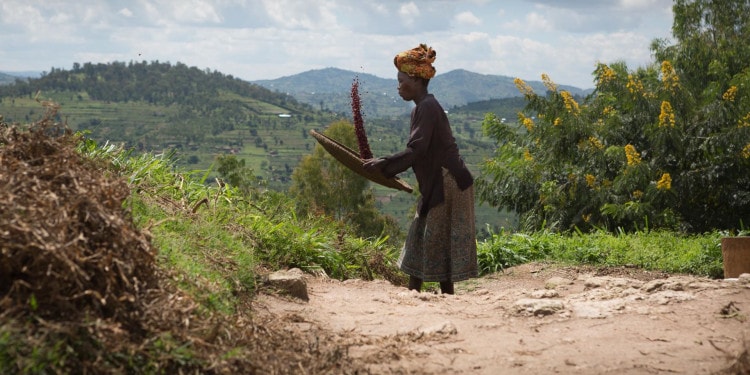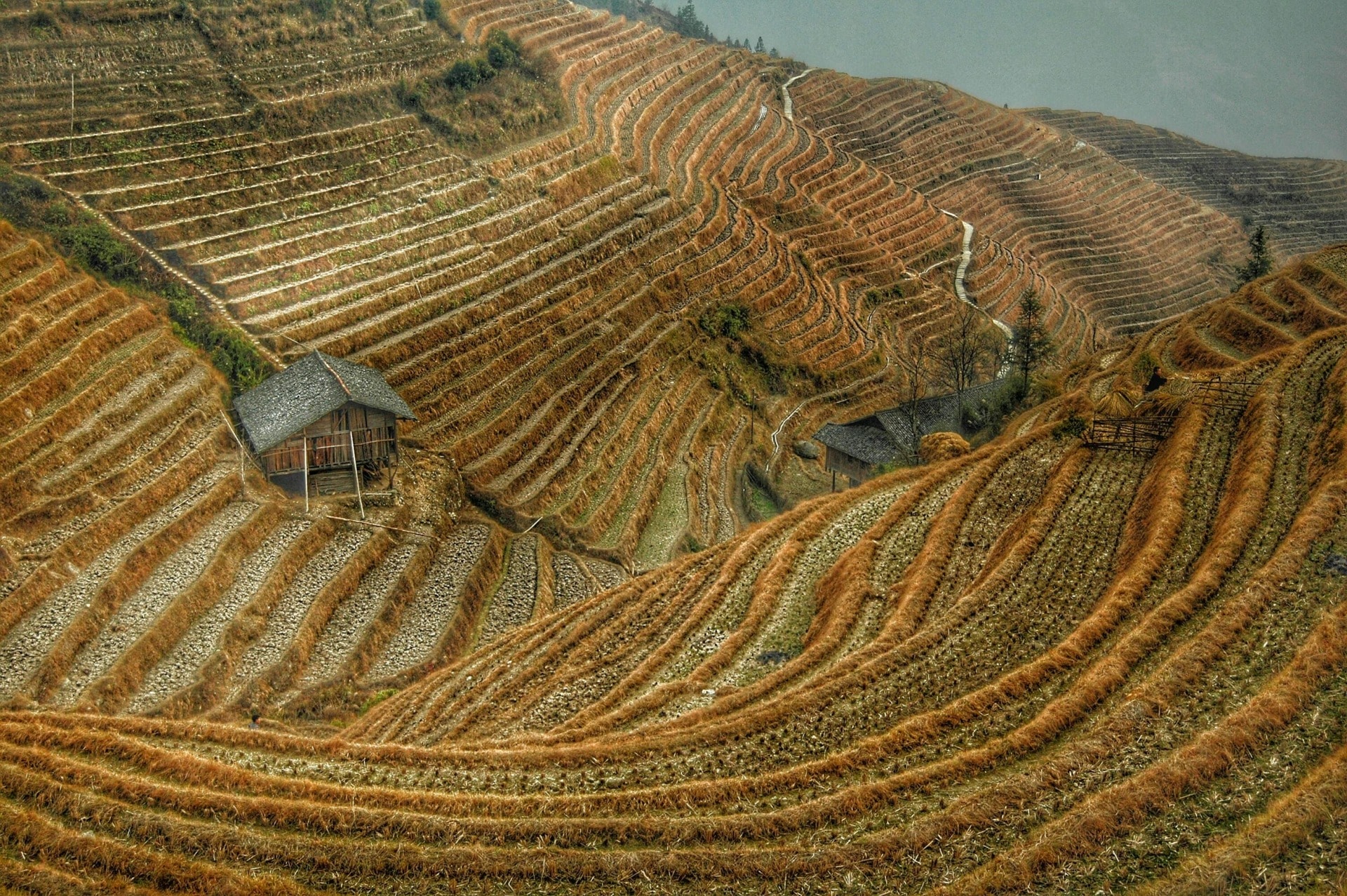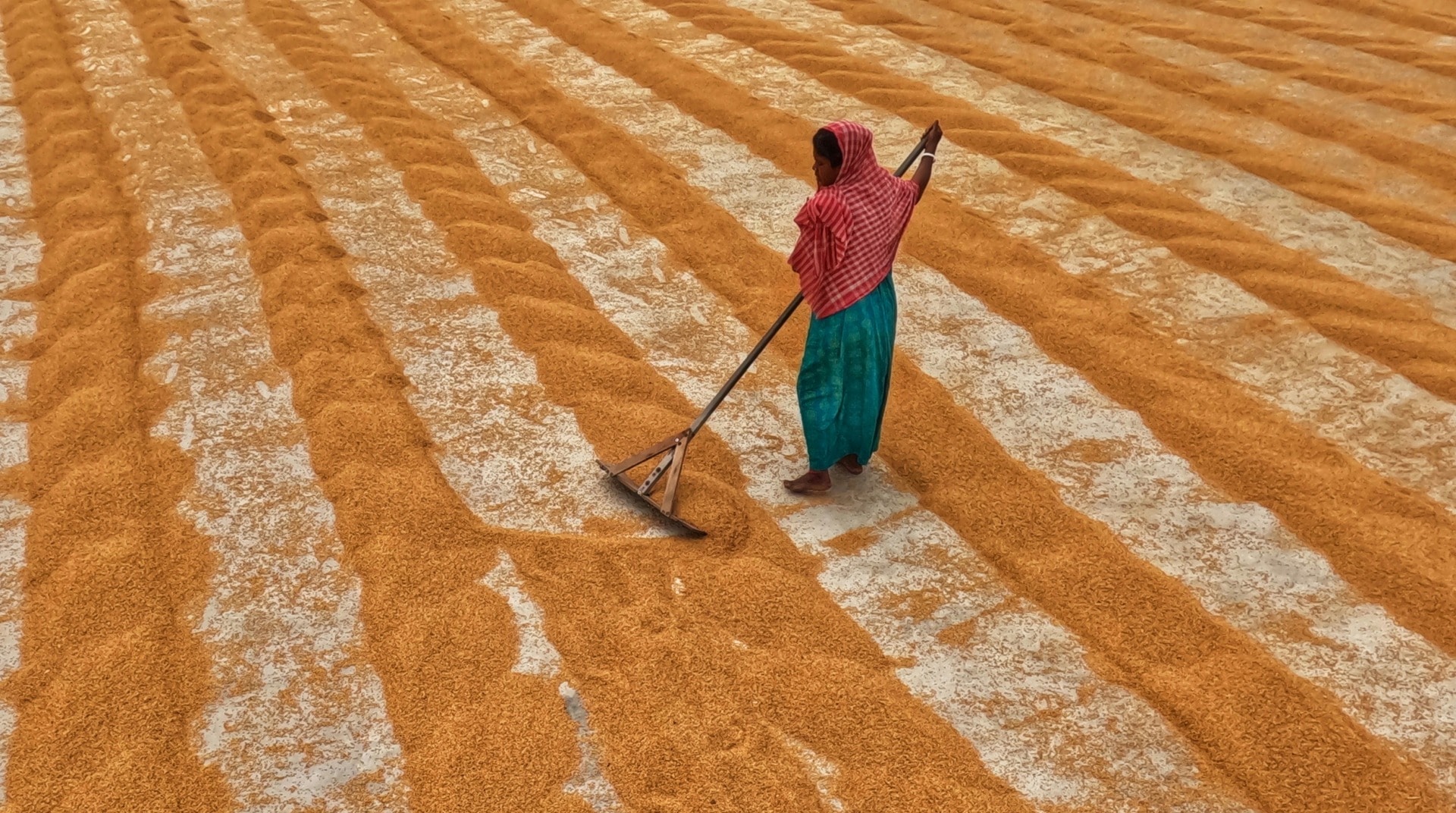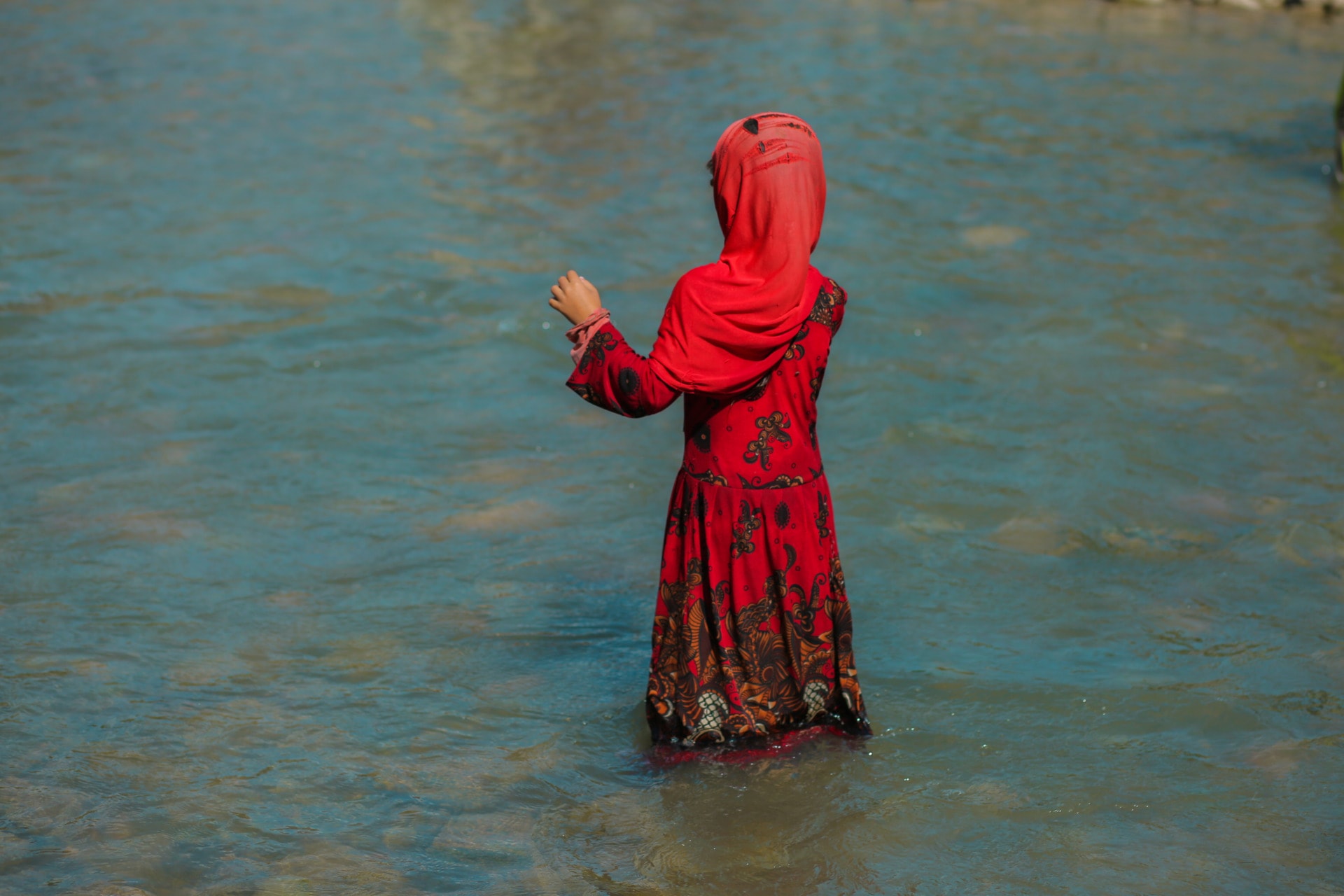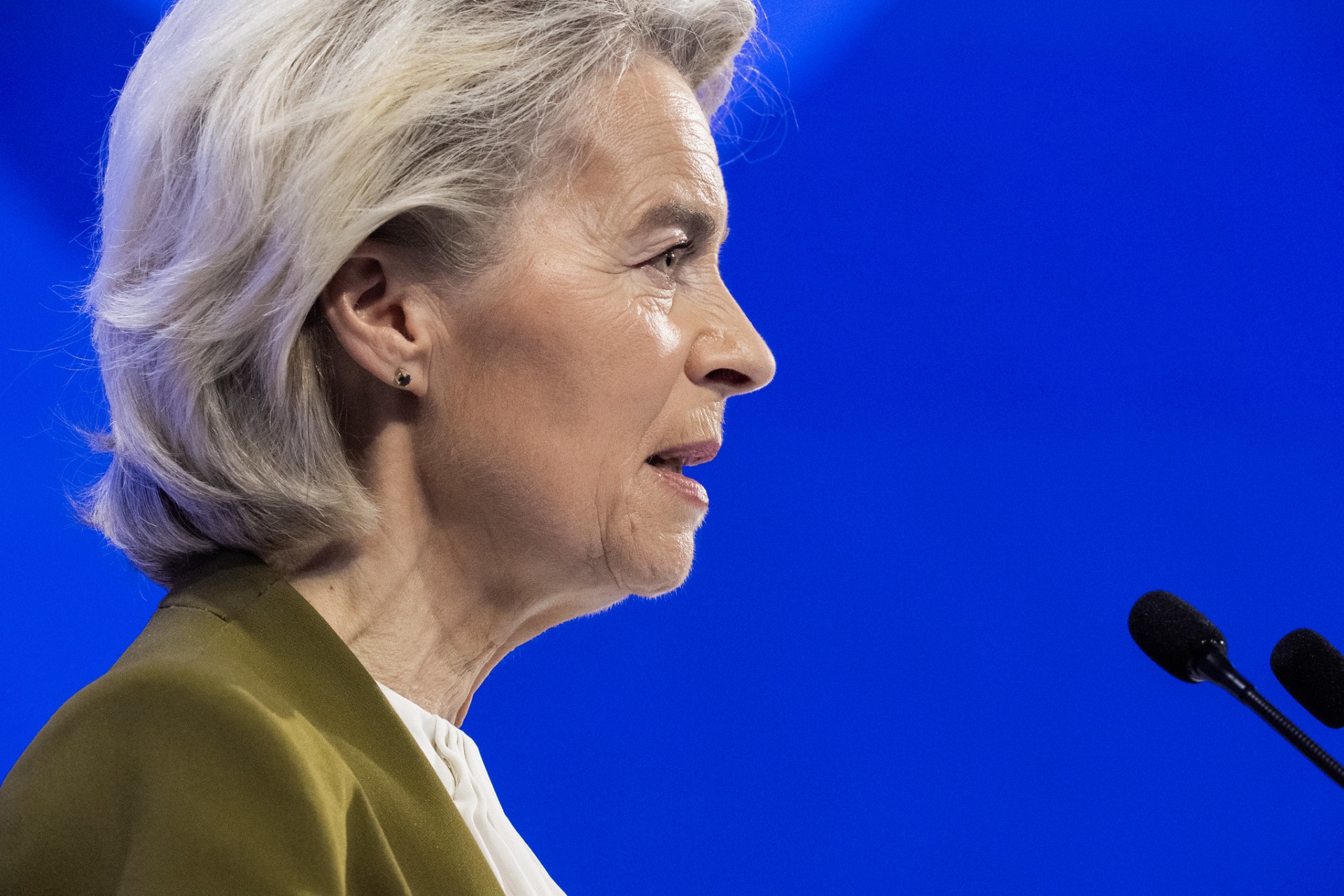The Rwanda Climate Services for Agriculture project demonstrates significant productivity, income, food security and women’s empowerment benefits for 110,000 participating farmers.
On this World Telecommunications and Information Society Day, we reflected on the ways the CGIAR Research Program on Climate Change, Agriculture and Food Security (CCAFS) has been investing in digital transformation. One program that has been especially successful in bridging telecommunications and food security is the Rwanda Climate Services for Agriculture (RCSA) initiative.
From 2016 through 2019, RCSA engaged rural farming communities, agricultural extension staff, development NGOs and other intermediaries in Rwanda through a series of activities focused on climate risk management, including training and targeted research. The goals of the project were to improve the supply, communication and use of climate-related information in a balanced manner using products co-developed by both providers and users.
In addition to disseminating climate information via radio and mobile phones, the RCSA project employed the Participatory Integrated Climate Services for Agriculture (PICSA) process to train and facilitate 111,835 farmers across all 30 of Rwanda’s districts to understand and incorporate climate information into their management decisions.
Related Articles: Social Farming for Sustainable Development | Bringing Climate Action to Farming Communities
Evaluation shows that the 111,835 farmers, across all 30 districts, who participated in RCSA communication and capacity development interventions were more likely to act on weather and climate information; experienced an average 24% increase in the value of crop production and a 30% increase in income from crops; and perceived improvements in food security, investment in farming, coping capacity, and confidence as farmers. Project interventions increased women’s participation in household decision making and standing in their communities.
A subset of these farmers participated in Radio Listeners Clubs (RLC) that met weekly to discuss climate service radio programs, agree on management responses, take turns participating in call-in programs, and inform future program content.
VIDEO TESTIMONIALS
Learn more about RCSA from farmers and agricultural extension agents who participated in the project:
EVALUATING PROGRESS
A quantitative and qualitative evaluation, completed in 2020, shows that the participatory PICSA and RLC processes were effective in strengthening farmers’ capacity to act on climate information. Participation in PICSA and RLCs is associated with a substantial increase in the proportion of farmers that report changing crop, livestock and livelihood management practices. The main change in livelihood was the increased scale of enterprises. Participating farmers use climate services to make decisions on the types of crops to grow (75%), the types of crop varieties to plant (58%), the timing of planting and land preparation (75%) and when and how to prepare land (65%).
The evaluation also demonstrated livelihood and social benefits associated with climate service interventions. PICSA participation increased the value of crop production by an average of 24%, and income from crops by 30%, relative to non-participating communities. The combination of PICSA and RLCs was associated with a 47% average increase in the value of crop production and a 56% increase in income from crops. Participants in both PICSA and RLCs had a Household Dietary Diversity Score of 4.8, compared to a score of 4.1 for non-participating communities.
Participation in project interventions largely eliminated a gender gap in the use of weather and climate information for management that is apparent in the control sample. Women who had participated in PICSA and RLCs reported increased ability to cope and increased confidence in planning compared to women who had not participated in the interventions.
Results also show benefits related to women’s empowerment, in the form of increased participation in household decision making, and increased social standing in their communities.
— —
This work was informed by the CCAFS Gender and Social Inclusion Learning Platform, with particular thanks to the support of Sophia Huyer and Tatiana Gumucio.
Editor’s Note: The opinions expressed here by Impakter.com columnists are their own, not those of Impakter.com. — In the Featured Photo: Christine Niragire from Nyanza district sorting her beans after harvest. Featured Photo Credit: © F. Fiondella (IRI Columbia University).


